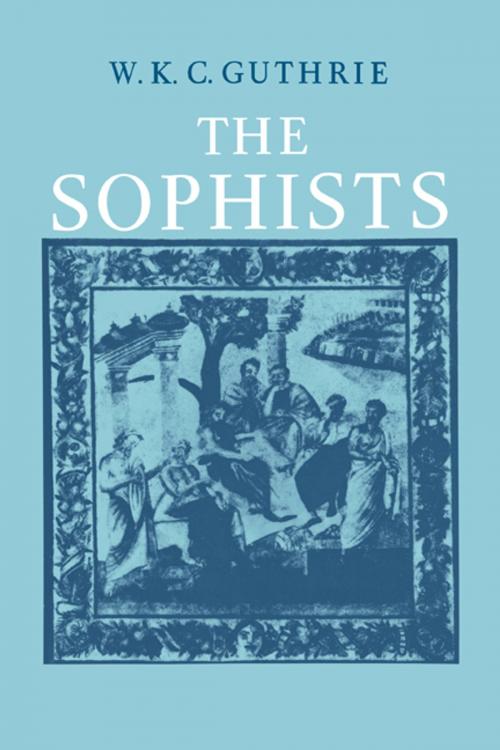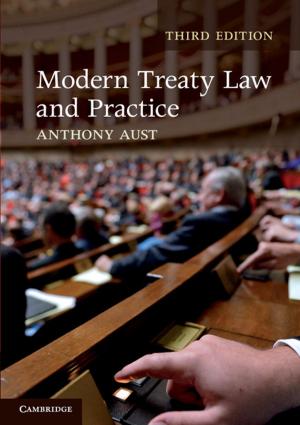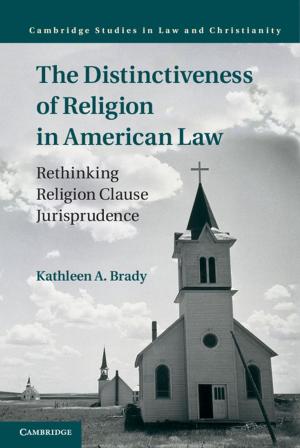A History of Greek Philosophy: Volume 3, The Fifth Century Enlightenment, Part 1, The Sophists
Nonfiction, Religion & Spirituality, Philosophy, Ancient| Author: | W. K. C. Guthrie | ISBN: | 9781139929738 |
| Publisher: | Cambridge University Press | Publication: | April 21, 1977 |
| Imprint: | Cambridge University Press | Language: | English |
| Author: | W. K. C. Guthrie |
| ISBN: | 9781139929738 |
| Publisher: | Cambridge University Press |
| Publication: | April 21, 1977 |
| Imprint: | Cambridge University Press |
| Language: | English |
The third volume of Professor Guthrie's great history of Greek thought, entitled The Fifth-Century Enlightenment, deals in two parts with the Sophists and Socrates, the key figures in the dramatic and fundamental shift of philosophical interest from the physical universe to man. Each of these parts is now available as a paperback with the text, bibliography and indexes amended where necessary so that each part is self-contained. The Sophists assesses the contribution of individuals like Protagoras, Gorgias and Hippias to the extraordinary intellectual and moral fermant in fifth-century Athens. They questioned the bases of morality, religion and organized society itself and the nature of knowledge and language; they initiated a whole series of important and continuing debates, and they provoked Socrates and Plato to a major restatement and defence of traditional values.
The third volume of Professor Guthrie's great history of Greek thought, entitled The Fifth-Century Enlightenment, deals in two parts with the Sophists and Socrates, the key figures in the dramatic and fundamental shift of philosophical interest from the physical universe to man. Each of these parts is now available as a paperback with the text, bibliography and indexes amended where necessary so that each part is self-contained. The Sophists assesses the contribution of individuals like Protagoras, Gorgias and Hippias to the extraordinary intellectual and moral fermant in fifth-century Athens. They questioned the bases of morality, religion and organized society itself and the nature of knowledge and language; they initiated a whole series of important and continuing debates, and they provoked Socrates and Plato to a major restatement and defence of traditional values.















